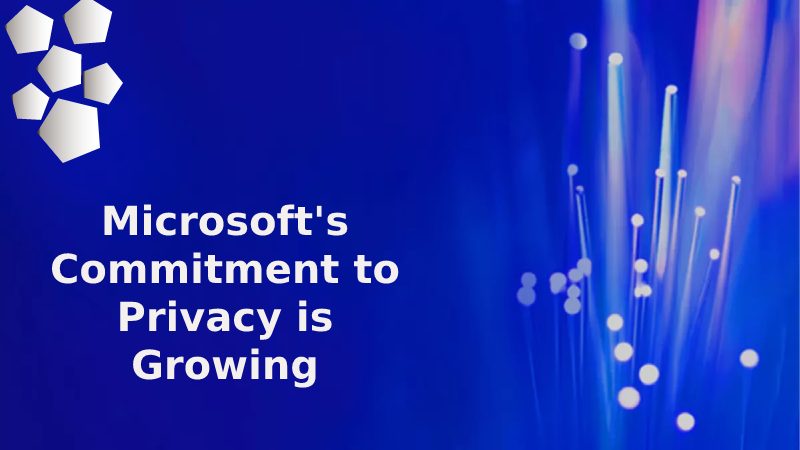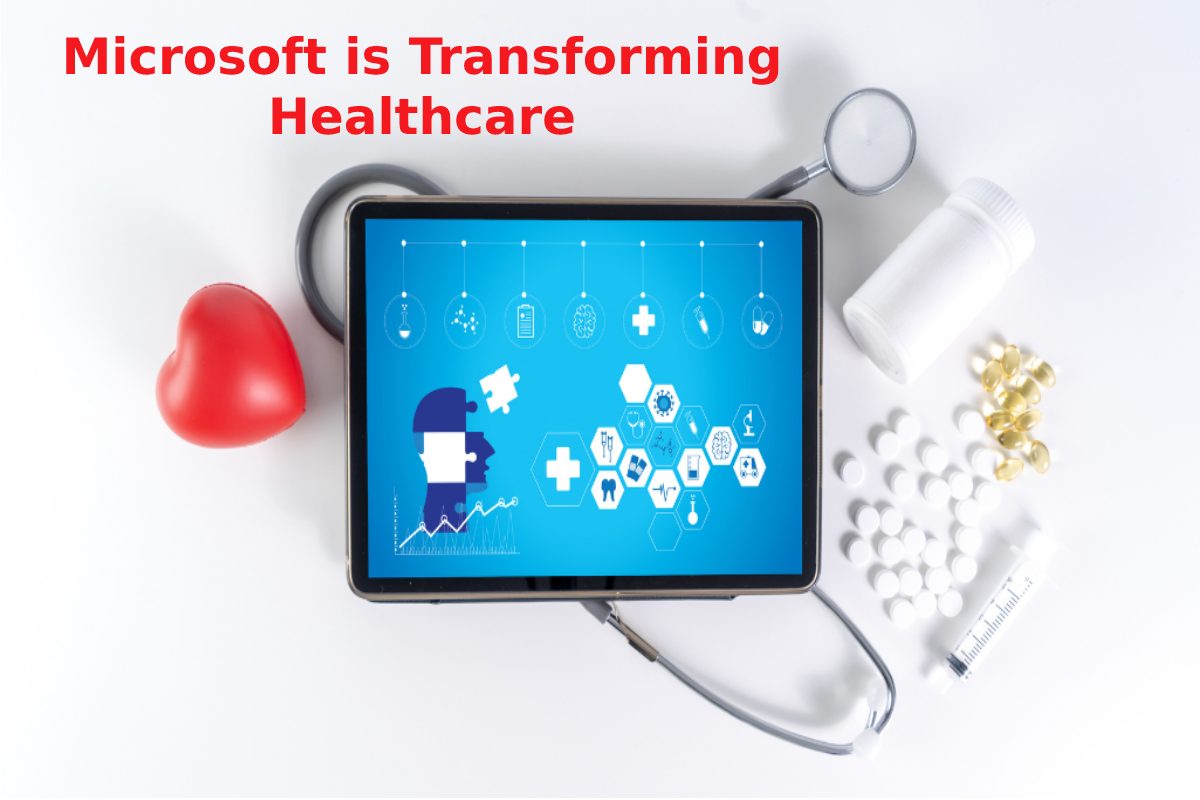Innovative start-ups are expanding Microsoft’s security capabilities in response to the specific threats faced by healthcare organizations.
Table of Contents
Microsoft is Transforming Healthcare, By Securing Patient Data.
Healthcare organizations are working in a more complex environment. In addition to the effects of Covid-19, which remain still felt global, providers are also dealing with the ‘great resignation,’ causing thousands of healthcare workers to leave the industry. They also see an increase in cybersecurity attacks. The rise in security breaches and attacks is due, in part, to the expansion of the attack surface and the overburdened infrastructure maintained by many providers.
A study by the Ponemon Institute in Michigan, USA, found that in 2019 the average cost of a breach for a healthcare organization was approximately $8 million, trending upwards. Additionally, according to a report by the US Department of Health and Human Services, a breach can exceed $400 for each exposed patient record, elevating the importance of establishing strong risk management practices.
Microsoft’s Commitment to Privacy is Growing.
As a end result, Microsoft’s dedication to privacy, safety, and compliance continues to develop, with a $20 billion funding in cybersecurity studies and improvement between 2022 and 2027. It lets in us to retain meeting the growing demand for powerful security products from our customers.
Microsoft is also taking part with safety innovators to increase the talents of our equipment in reaction to the precise threats that healthcare corporations face. Cybersecurity pursuits to predict, prevent, stumble on, and respond to attacks. Noname, Illusive, Infinipoint, and Cynerio are early-degree companies at the forefront of innovation and method cybersecurity from numerous perspectives.

Application Programming Interfaces (APIs)
Through artificial intelligence models tailored explicitly for API security, Noname Security’s platform automatically detects cyberattacks on application programming interfaces (APIs). In addition, it brings deep traffic insights to existing gateways and server-based environments. For example, in modern healthcare applications, the back end, which remains frequently based on APIs, functions more as a direct proxy to the data.
A faulty API can thus expose sensitive data, allow account takeover, and even cause a denial of service, which makes a machine or network resource unavailable to its intended users. However, it remains countered by Noname’s approach, which protects APIs in real-time and detects vulnerabilities and misconfigurations before they remain exploited.
No agents or network modifications remain required for the Noname API Security Platform, which provides greater visibility and security than API gateways, load balancers, and web application firewalls. For example, Noname detected 500 APIs for one North American healthcare organization, 49 of which had security vulnerabilities that it quickly and efficiently remedied.
Illusive also Works in Healthcare Security
Illusive also works in healthcare security, protecting customers by automatically detecting and mitigating privileged identity risk. In addition, the company provides healthcare providers’ security teams with the visibility they require to prioritize risk mitigation efforts. Enable zero-trust initiatives, and avoid ransomware.
“Illusive Attack Surface Manager provides us with many more puzzle pieces in a single dashboard,” said a security analyst from one of Illusive’s healthcare clients. “By disabling, deleting, or adjusting policies and access credentials, we significantly reduced the organization’s attack surface, and now we can see what’s going on.”
The zero-trust philosophy has gained traction in recent years. Coinciding with an increase in the number and severity of cyberattacks across all industries. Whereas network perimeters remained previously secured by verifying a user or device the first time it came into contact. Zero trust ensures that users are authenticated, authorized, and validated continuously.
Through its device identity-as-a-service solution, Infinipoint provides zero-trust security to its healthcare customers. In addition, enterprises of all sizes can use it to automate ‘cyber hygiene. Improve visibility across their entire IT estate.
Health Insurance Portability and Accountability Act (HIPAA),
For non-compliant and vulnerable devices, Infinipoint offers single sign-on authorization integrated with risk-based policies and one-click remediation. For example, one of its customers. Which focuses on giving brick-and-mortar providers access to online telehealth services. Wanted to ensure that each telehealth session complied with the USA’s Health Insurance Portability and Accountability Act (HIPAA). Without being intrusive during the telehealth sessions and without knowing the provider’s exact security posture. As a result, Infinipoint was able to perform non-intrusive HIPAA security checks and provide low friction. Self-service remediation for non-compliant devices used by physicians.
Most Demanding Security Challenges
One of the industry’s most demanding security challenges is securing. The wide range of devices allows healthcare providers to function correctly. Cynerio, based in New York, assists healthcare systems in securing the millions of internet of things. Internet of medical things and operational technology devices can remain found throughout their facilities. Based on a zero-trust framework, its platform identifies the device. And network-based risks and then provide effective mitigation and remediation actions.
Cynerio’s healthcare-specific focus reduces noise and provides actionable insights. And enables effective and rapid risk reduction in even the most overburdened healthcare environments. For example, Cynerio neutralized an active attack while working with MarinHealth in California, USA. Which prompted an overarching approach to innovating and improving medical device security for the healthcare provider.

